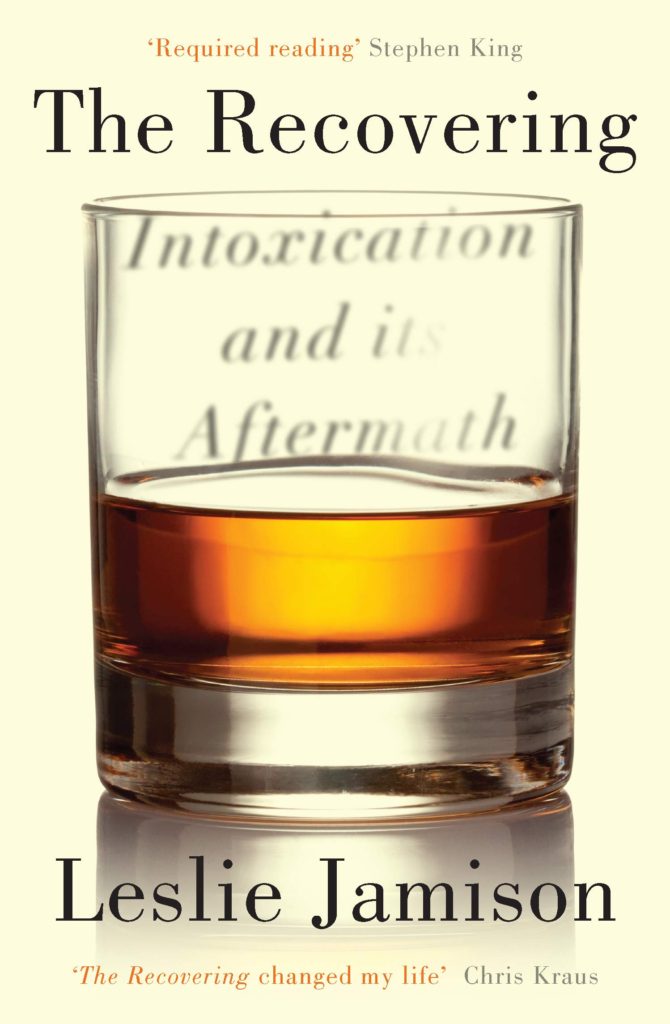This month, we take a lovely little break with a likable, intriguing protagonist named Vera Kelly. The setting skips around a bit, which might normally annoy us but is handled so well we are raving about Rosalie Knecht’s ability to weave her story together and build characters who are relatable, flawed and likable all at once.
As we’re chock-full this month in OutreachNC, we’re keeping it light and breezy with 5 Thoughts on Who is Vera Kelly?
- The title, Who Is Vera Kelly? seems obvious on paper but speaks to a deeper question in the end, which is how we like all of our questions: complex and fascinating.
- The author, Rosalie Knecht is a social worker, which makes reading this novel next-level interesting for the perspective on people that seeps into each description, line of dialogue, and witty detail.
- Jeeves is still reading the novel and is begging me not to give away any endings or clues as to what might happen. He says he reads all his favorite books at a snail’s pace, which affords him the luxury of drawing out the pleasure. He’s giving Vera Kelly 4 stars thus far based on the writing alone.
- As many who know me will attest, I’ve all but given up on most modern fiction. I have a theory that with the advent of computers, writing has become too fast and, thus, not at all nuanced. It’s rare that I rave over modern fiction, but Knecht has found a fan here in little ol’ Amy Phariss. I love the writing, the pacing, the characters, the inside thoughts, the outside descriptions and the way the story unfolds in a way that makes us care enough about the people and places to keep turning the pages. I agree with Jeeves: Who Is Vera Kelly? is my favorite book so far this year.
- Knecht writes in that tight, sparse way that gives us enough detail to paint a picture but not so much as to bore us or beat us over the head with story. Page 60 offers an excellent example: “My mother was an elegant woman, but she had grown up in the pine barrens of northern Louisiana and east Texas, her father moving the family from year to year to follow the oil fields, and she could be hard. She beat me for bad grades, for the incident with the schnapps, for being mouthy and sad and not as tough as she was.” See? We don’t need to know the details about the schnapps because we all know about schnapps.
That’s it for us this month. We’re looking forward to Leslie Jamison’s The Recovering: Intoxication and Its Aftermath for October. Though it certainly sounds like a serious read, it also sounds important and timely, given our focus the next few months on the opioid epidemic and the overall state of addiction and recovery in our country. We’re interested to read, explore, discuss, and hear thoughts.

We love sharing books with everyone and anyone who’s got a review, comment, thought, critique or favorite quote to send along. Feel free to write to us at editor@outreachnc.com and let us know your thoughts on Knecht’s intriguing story.
